The Melbourne mum who battled a secret two-year drug addiction
Popping opiates became a way for Melbourne mum Tina Bruce just to get through the day. What started as a script for pills after a painful birth led to a two-year secret addiction even her husband didn’t know about.
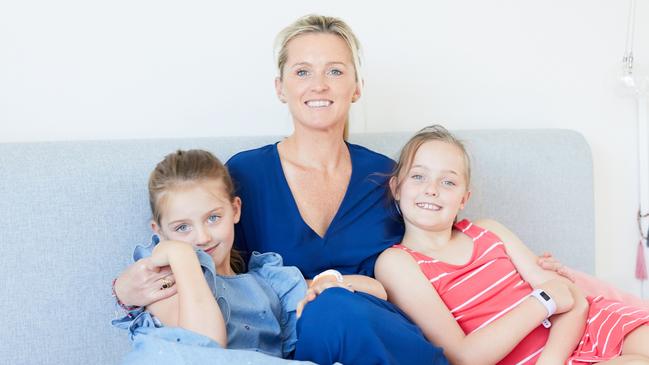
VIC News
Don't miss out on the headlines from VIC News. Followed categories will be added to My News.
Melbourne mum Tina Bruce seemed to have it all — a loving husband, two gorgeous girls and a covetable house near the beach. But she was also battling addiction.
After the traumatic birth of her daughter Leila in 2010, when she underwent an emergency C-section with no pain relief, Bruce battled anxiety, depression and post-traumatic stress disorder.
Less than a year later, she welcomed second child Zoe, and quickly returned to her high-pressure job in the medical industry.
READ MORE:
CALLS TO CUT POST-SURGERY PAINKILLERS
SALLY CAPP’S TUMULTOUS FIRST YEAR AS MAYOR
CARLTON CAFE DOING DESSERT FOR BREAKFAST

But the work-family juggle was overwhelming, and burnout soon set in.
At one point, she was so strung out, she accidentally crushed Leila’s hand by slamming it in a car door.
Bruce, now 40, then developed shingles and the subsequent chronic back pain saw her become one of the 1.9 million Australian adults prescribed opioids each year.
She soon became hopelessly hooked on painkillers, and was doctor-shopping to get her fix, all unbeknown to friends and family, even her husband.
Bruce’s memoir, Mother’s Medicine, is her story of motherhood and recovery via alternatives such as yoga, and something she hopes will help open the conversation about chronic pain and opioid addiction — health issues that don’t discriminate.
MOTHER’S MEDICINE - BOOK EXTRACT
Back at work but barely surviving, let alone thriving. Burnt out and exhausted, my health became worse and worse as I caught the flu twice one winter and seemed to have constant colds.
Burnout was sneaky and insidious and crept up on me over time.
The war against myself finally comes to an end one Sunday afternoon in September of 2014. We are at our friend’s place watching the footy while the kids all play together.
I begin to feel strange and recognise these feelings as yet another virus making itself known to my system. I curl up on their couch and half an hour later it becomes obvious I am unwell and need to go home.
I climb straight into bed and then start to shiver uncontrollably as another wave of nausea comes over me. It feels like the flu and I stay in bed until the following morning.
I manage to crawl into the GP’s office later that morning. I’m weak and aching deep in my bones. My back and spine feel unreliable as if my whole skeleton is turning from solid bone to soft dough.
The doctor does her examination. The usual checks and questions, which sound completely automated. She suggests I have another viral infection I probably picked up from my kids.
The result being a summation of “you’re rundown and exhausted and you need to go home and rest for a couple of days”. I am categorised into the “tired and teary” mum box and sent on my way seven minutes later.
I go back to my GP two days later and this time, she notices two spots on my spine.
“This could be shingles,” she says.
She gives me antiviral medication to prevent the complication of postherpetic neuralgia (nerve pain that lasts longer than a month), however by this stage due to the delayed diagnosis we have missed the window of less than 72 hours since the onset. I missed my chance.
For the first four weeks of the virus, my days consist of sleeping and “barely parenting”.
I am taking opiates for the pain so I can get some relief and function as a mother to pick
the girls up from daycare. I remember from both births how I tolerated it well, so it becomes my primary line of care.
As chronic fatigue sets in, life demands that I surrender to being sick. My willingness to medicate the pain with the opiates I am prescribed is now the only control I have.
Over this time my whole identity and personality dissolves as I lay flat on my back for weeks. Who I thought I was no longer exists. This illness is taking something from me
and is about to alter the trajectory of my life.
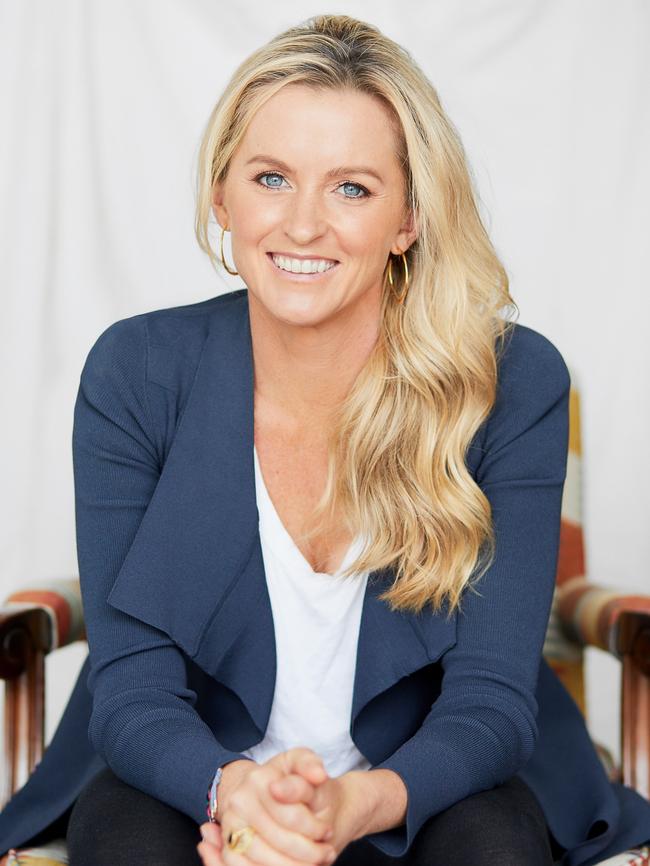
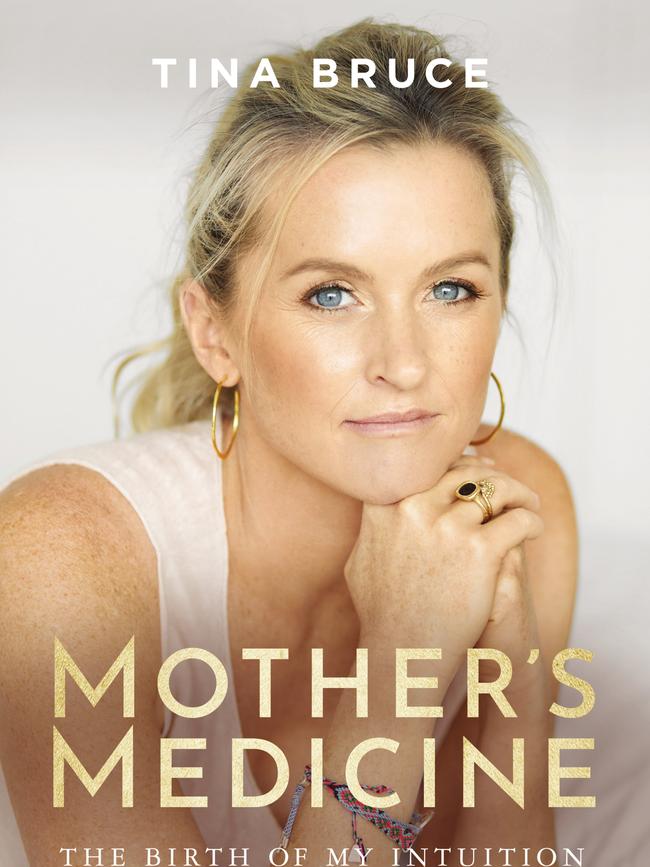
It is a mystical experience of letting go and surrendering to everything that has shaped me up until this point. I know in my bones that there is greater meaning to this pain as a result of me ignoring all the physical warning signs.
The pain was still there constantly. In fact, it was increasing as I was diagnosed with postherpetic neuralgia, the chronic pain condition that lives on in the nerve fibres once the shingles rash has gone.
More common in people over the age of 60, so rare and unexpected in a young woman unless they are carrying a significant amount of stress and trauma inside.
The pain was no longer a symptom of the shingles virus though. The pain had actually become its own disease.
One morning I woke up in greater-than-usual agonising pain. It felt like someone was stabbing me between the shoulder blades while I was carrying around a 30kg backpack.
The weight was so overbearing I returned home from a day at work and had to crawl up the stairs on my hands and knees. The kids actually thought this was a game, so I tried
to make light of it. However, I was hanging out for the extra dose of opiates to kick in so I could get through the evening witching hour.
The plan was to taper off the opiates slowly.
I was given a schedule from the doctor and the pharmacist on how to wean away the chemicals my body had become dependent on.
The opiate receptors in my brain needed to adjust to the reduced drug amount. I would attempt to start the day drug-free, but I would last only until about 1pm, when the nerve pain rendered me dysfunctional.
Then the next dose would need to be twice as much just to touch the sides of the pain.
So the merry-go-round continued of pain, pill, sleep, pain, pill. My dependence on opioids
was entirely predictable given the duration I was prescribed it for.
This time though, the opiate was wearing off much faster. I needed more of the drug for it to be effective. From when I first started taking it,
I had increased my dose from two capsules to six. Sometimes seven or eight. I was in despair.
Saddened by my own hopelessness, I went to my yoga mat as the sun was rising and collapsed in desperation. I didn’t want to be the grey version of myself any more — chained to these pills, which controlled every minute of every day of my thoughts.
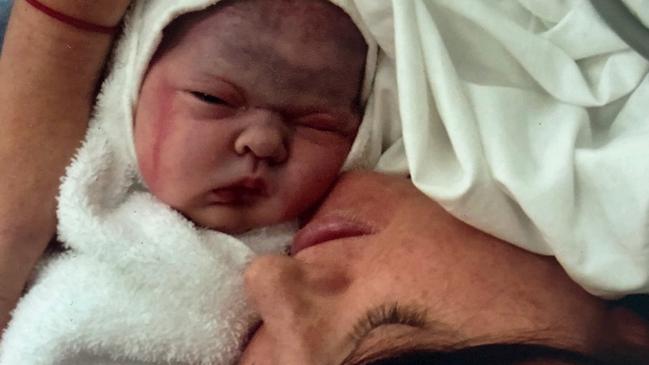
What time will I take the next one? Can I have just one more? Will I wake up in the morning if I have another one? Will the doctor give me another script?
Not being able to leave the house without these pills, they began to control my life. I started to go “doctor-shopping”; getting multiple scripts from different GPs, always omitting the truth of how much I was actually taking.
I was filled with shame and guilt. I had given over my power to these pills and I wanted so badly to get off them, but the withdrawal symptoms were so severe, it made it seemingly impossible.
Two years since the shingles diagnosis and I was still going back to the GP regularly to get my script for Tramadol repeated again and again. Every time I returned, I knew what the doctor was going to say.
It got to the point when she really didn’t know how to help me any more. I even caught her rolling her eyes to the reception staff upon seeing me in the waiting room one afternoon.
Her humiliating reaction was merely a reflection of her inability to solve a problem in the confined five-minute consulting window she was allowed.
She didn’t understand. She believed in logic and reason and cause and effect. To her, pain was about rational problems and solutions. What she didn’t take into account was that my problem had become irrational.
When she called my name, I kept my gaze low and followed her like a shrunken version
of myself I no longer recognised.
She sat down and stared straight ahead at her computer screen while hammering away at the keys robotically. Her stiff head fixed her eyes on the words and assessment she was already typing before she even opened her mouth. She looked at me that day and asked me to explain why I was there.
“I’m here to refill my script for Tramadol,” I confessed.
“I know you have been to see other doctors around this area to get scripts. Dr X rang me and told me you were there on Saturday doctor-shopping for Tramadol,” she said.
I had been caught out like a guilty thief.
I was desperate because any slight reduction in my medication as a result of running out would throw me into withdrawal, which would mean I would become too sick to care for the kids.
Doctor-shopping is now recorded among postcodes and suburbs like an online network.
I imagined my face plastered all over a closed Facebook group of GPs warning: “Do not serve this woman. She is desperate and dangerous to herself.” I was now the subject of a drug neighbourhood watch and terrified of telling the truth because, deep down, I believed child services might come along and take my kids away from me and deem me grossly unfit
as a parent.
I was an irresponsible addict who dragged her children around and exposed them to doctors’ surgeries and pharmacies looking for her next hit. What if they put me away, or even worse, separated me from my family?
I did doubt whether I could look after my children responsibly because I saw myself as weak and pathetic and untrustworthy.
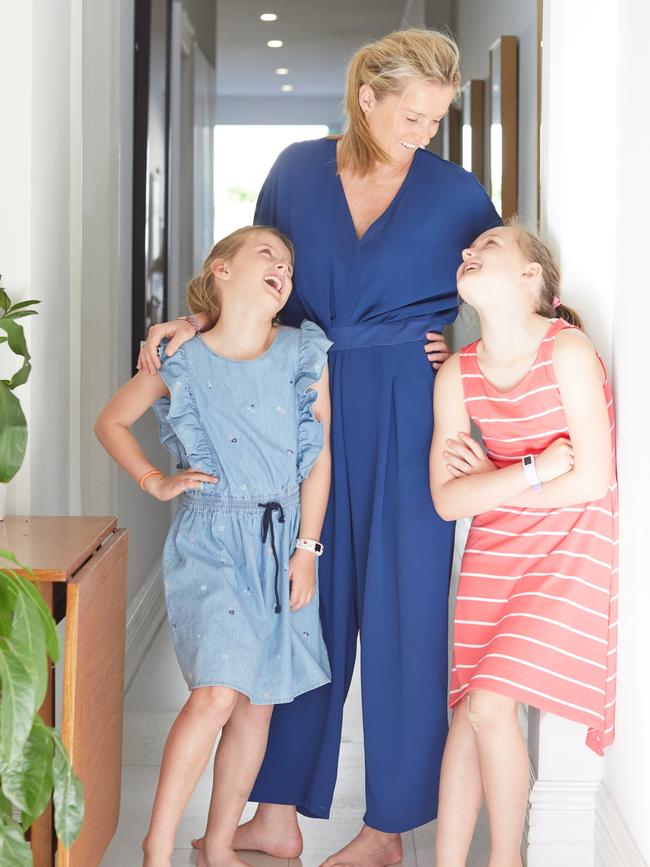
I was frightened I would be locked away. The idea of being an inadequate mother was plaguing me.
(The doctor) then turned her whole body towards me as if her neck was wrapped around a steel rod and said she didn’t know how to help me any more, so she was going to refer
me to a specialist.
I wondered if she was going to turn the hose on me, but instead I got turned out onto the street.
Less than 10 minutes later, I walked out of the medical clinic and hopped into my car sobbing. I felt woefully alone.
She didn’t have time to truly listen to me. I felt like I had failed somehow.
I was passed on to a neurologist. This specialist prescribed me more drugs and just wanted to double my dose of neuropathic painkillers. Her theory was if we covered the pain completely with medication, then my overactive pain signals would unlearn their hypersensitivity.
How was I to break the pill-popping cycle?
It took a scare and divine intervention for another solution. One night as I drifted easily off into my regular night-time state of opiate drowsiness, conveniently useful for falling asleep,
I fell asleep too hard.
Falling asleep too hard results in waking up suddenly gasping for breath. They call this respiratory depression, which is common when there is a build-up of narcotics in the system and both the breathing rate and heart rate suspend momentarily.
One giant gasp and I was wide awake, alert, panicked and shaken for the remainder of the night. I took the same amount of medication I did most days so the fact that my body reacted differently this time meant this pill regime had become unpredictable and life threatening.
Once I had absorbed the holy-f--- of it all, my only reaction was to flush the pills down the loo, plummeting me swiftly into acute withdrawal symptoms. My neuralgia started to increase and burn like wildfire. Raw nerves just flapping in the breeze sensitive to every touch, sight and sound.
I must have attempted 100 times to wean off the medication prescribed to me after that.
I woke up each morning thinking, “Today is going to be the day’, only to crumble within hours, unable to cope. I began to believe I would never recover.
Withdrawing while raising children is known to be extremely tough … but so is raising them from a morgue. I did not want to die. It was time to pray.
So at 5 o’clock one morning, I dropped to my knees and started to pray. I was no expert in prayer vocabulary so it went a bit like this, “Holy hell this hurts. God? If you have any influence at all up there, I’d appreciate some help. F--- this hurts. I can’t go on any more. I am handing over this pain now.
“I have officially reached the end of myself. I give up trying to fix this. Unless you come
up with something, I will stay on these drugs forever, if that is what I have to do.
“I’ve tried to do this on my own and it doesn’t work. I have got nothing left. I’m in your hands,” I sobbed.
I then swallowed three pills and went downstairs for breakfast.
EDITED EXTRACT FROM MOTHER’S MEDICINE, BY TINA BRUCE, RRP $29.95, AVAILABLE AT THE AVENUE BOOKSTORES AND AT TINABRUCE.COM.AU
STAYING SAFE: May is ScriptWise’s Medication Dependence Prevention Month, which urges those prescribed opioid or sedative medication to make a plan with their health professional to safely reduce and stop use.
scriptwise.org.au/prevention-month


